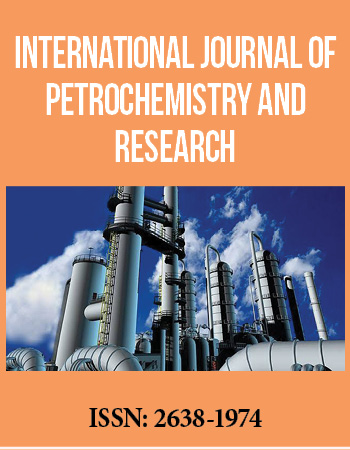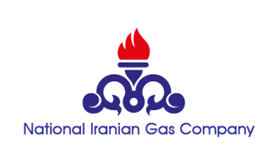2nd International Conference on Petrochemistry
April 25-27, 2018 Rome, Italy
Biocatalytic Upgrading of Heavy Vacuum Gas Oil
1Environmental Biotechnology Program, Life Sciences Department, College of Graduate Studies, Arabian Gulf University, Bahrain
2Biotechnology, Research and Development Center, Saudi Aramco, Saudi Arabia
3Department of Biological Sciences, College of Science. Kuwait University, Kuwait
Heavy vacuum gas oil (HVGO) is a complex and viscous hydrocarbon stream produced as the bottom side product (boiling range 398-565 °C) from the vacuum distillation units in petroleum refineries. HVGO is conventionally treated with thermo chemical process, which are costly and environmentally polluting. This is because they operate under sever conditions of temperature (up to 480 °C) and pressure (up to 4000 psi), and require huge amounts of catalysts. As compared to conventional physicochemical treatments, biotechnological processes are environmentally compatible, economic and endowed with high selectivity. In this research,we investigated two petroleum biotechnology applications as green approaches for processing or treatment of HVGO.The first application aims at provoking desirable compositional changes in HVGO via bioconversion of the high-molecular weight and high-boiling fractions to lighter components to increase the distillate yield. The second application explores the valorization of HVGO via bioconversion to value-added products such as biosurfactants. We performed bioconversion experiments using HVGO as a sole carbon and sulfur source for the model bacterium Pseudomonas aeruginosa AK6U. HVGO was then recovered from the cultures, and the maltene fraction was separated and subjected to fractional distillation (SimDis) analysis to explore any changes in the major distillation fractions. Moreover, detailed analysis on the separated maltene fractions was conducted by TOF-MS and FT-ICR-MS to unravel changes in the chemical composition.The Pseudomonas aeruginosa AK6U strain grew on 20% (v/v) of HVGO. It produced rhamnolipid biosurfactants in a growth-associated mode with a maximum crude biosurfactants yield of 10.1 g/L, which reduced the surface tension of the cell-free culture supernatant to 30.6 mN/m within one week of incubation. The rarely occurring dirhamnolipidRha–Rha–C12–C12 dominated the congenersʼ profile of the biosurfactants produced from HVGO. SimDisanalysis of the bio-treated maltene fraction showed a relative decrease in the high-boiling heavy fuel fraction (BP 426-565 °C) concomitant with increase in the lighter distillate diesel fraction (BP 315-426 °C). Chemical analysis of the maltene fraction revealed compositional changes. The number-average (Mn) and weight-average (Mw) molecular weights, as well as the absolute number of hydrocarbons and sulfur heterocycles were higher in the bio-treated maltene fraction of HVGO. These findings suggest that HVGO can be potentially exploited as a carbon-rich substrate for production of the high-value biosurfactantsand to concomitantly improve/upgrade its chemical composition.
Keywords: Asphaltene; Maltene; Rhamnolipid congener; Aromatic hydrocarbons; SimDis
Biography:
Wael A. Ismail is professor of Microbiology/Environmental Biotechnology and coordinator of the Petroleum/Environmental Biotechnology Program, Arabian Gulf University-Bahrain. He is also the former director of the Biotechnology Program. He has more than 20 years of experience in the applications of Biotechnology/Microbiology in the environment and petroleum industry.Prof. Wael got BScin Microbiology and Chemistry from Ain Shams University-Egypt. He then, joined the Egyptian Petroleum Research Institute (EPRI-Petroleum Microbiology Group) to get MSc in Petroleum Microbiology. He received PhD in Microbiology from the University of Freiburg-Germany. The research of Prof. Wael Ismail deals with the applications of microbial biotechnology in the environment and petroleum industry with particular focus on the biodesulfurization of diesel, bio-upgrading of heavy oils and refining residues, bio-rejuvenation of spent hydrotreatment catalysts, biodegradation of hydrocarbons, as well as biosurfactants production and applications.



